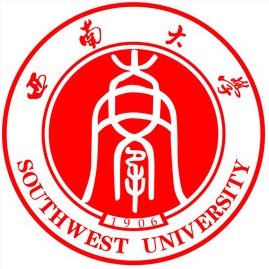Cryptococcus neoformans and Cryptococcus gattii are major yeast pathogens that often infect the human central nervous system (CNS) to cause meningitis, resulting in hundreds of thousands of deaths worldwide annually. Dr. Liu’s work focuses on the morphological development and host-pathogen interaction in Cryptococcus. Dr. Liu’s research aims to investigate the mechanism of regulation of sexual reproduction and cryptococcal pathogenesis by the ubiquitin-proteasome pathway and autophagy-lysosome pathway. Dr. Liu has a broad background in molecular fungal genetics and medical mycology, with extensive training and expertise in key research areas relevant to this application. Currently, Dr. Liu has published more than 30 academic articles in journals such as Nature Cell Biology, PLoS Pathogens and Autophagy.
1. Protein ubiquitination and fungal virulence.
Ubiquitination is an enzymatic, post-translational modification (PTM) process in which a ubiquitin protein is attached to a substrate protein, requiring three types of enzyme: ubiquitin-activating enzymes (E1), ubiquitin-conjugating enzymes (E2), and ubiquitin ligases (E3). E3 ubiquitin ligases play an essential role in the regulation of many cellular processes, such as cell trafficking, signaling, cell cycle control, cyclins degradation, etc. We identified Fbp1, a key F-box protein of an SCF (Skp1, Cullin, F-box protein) E3 ubiquitin ligase complex essential for fungal virulence in Cryptococcus. We are investigating how this E3 ubiquitin ligase is involved in fungal development and fungal virulence and what are the responsible substrates.
2. Autophagy and fungal virulence
Autophagy is an evolutionarily conserved protein degradation pathway that involves cell degradation of unnecessary or dysfunctional cellular components through the actions of lysosomes. The genes participating in this process are donated as ATGs. Autophagy was found to be essential for fungal virulence in many pathogenic fungi, including Cryptococcus. We are trying to identify new autophagy-related proteins and investigating how autophagy is involved in fungal virulence in Cryptococcus. Meanwhile, we are also identifying possible cross-talks between UPS and autophagy.
